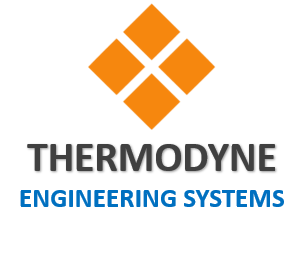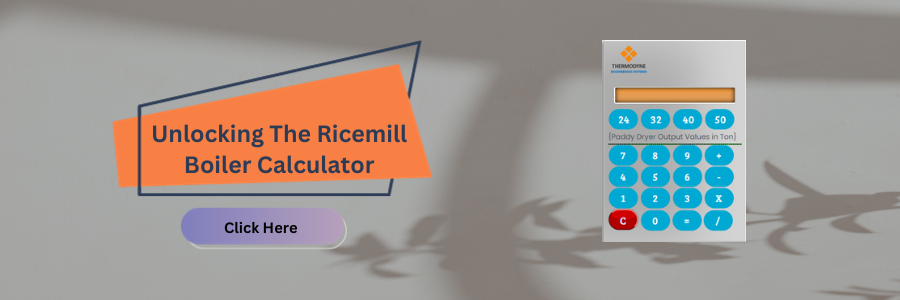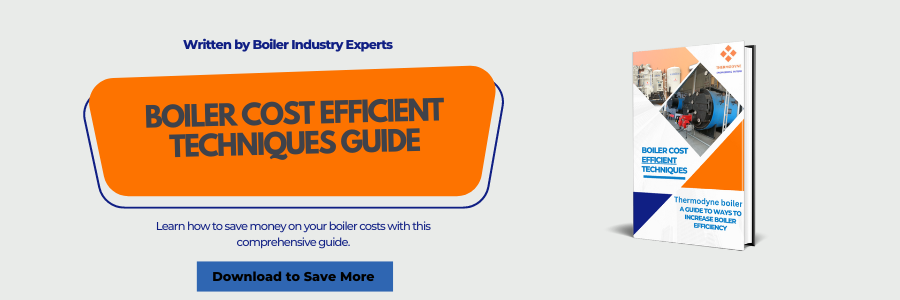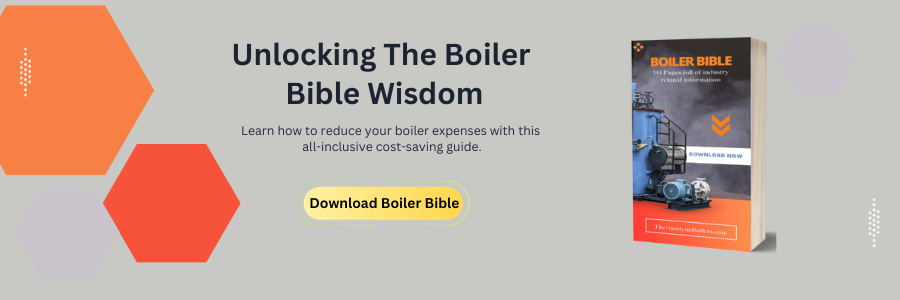As a user of the boiler, we understand the importance of optimizing efficiency and minimizing operational costs. In a competitive market, it is crucial to stay ahead by implementing cost-effective strategies that not only improve performance but also reduce energy consumption.
In this blog post, we will provide you with valuable tips to enhance boiler efficiency, enabling you to achieve significant savings while maintaining high productivity.
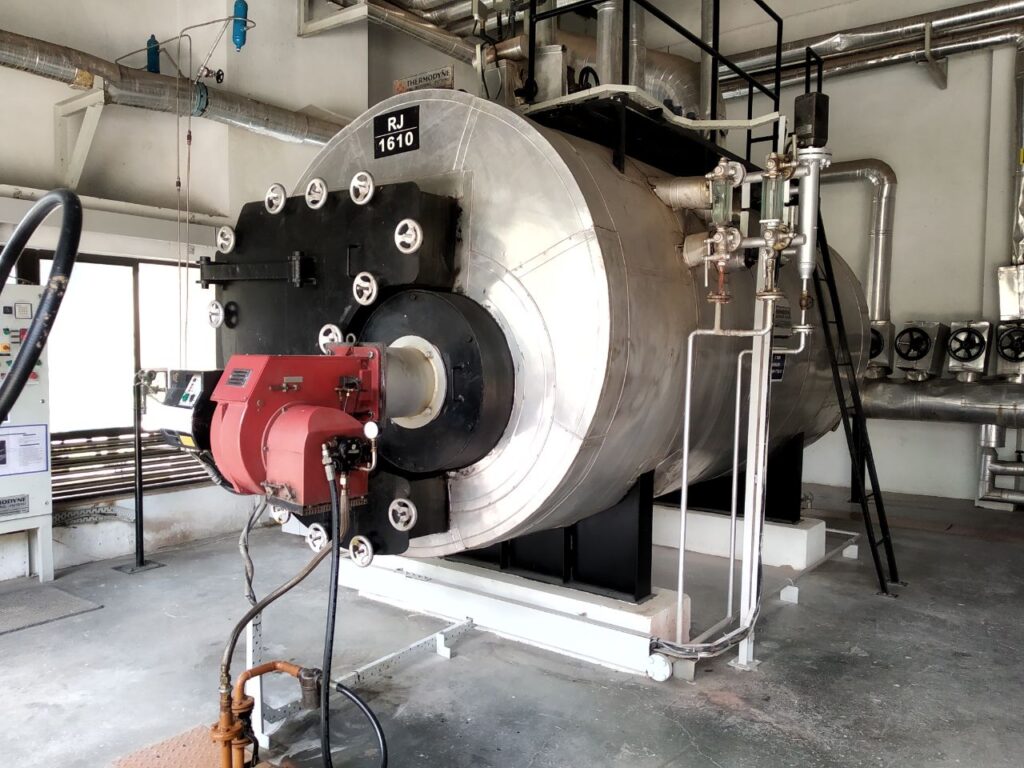
1. Choose the Right Boiler System
The first step towards maximizing boiler efficiency is selecting the right system for your specific needs. Consider factors such as the size of your facility, heat load requirements, and operational demands. Assess different boiler types, including condensing boilers, biomass boilers, or combination systems, and evaluate their efficiency ratings. Investing in a high-efficiency boiler from the outset can result in long-term savings and improved performance.
2. Conduct Regular Maintenance
Regular maintenance is essential for optimal boiler performance. Schedule routine inspections, cleanings, and tune-ups to ensure that your boiler operates at its peak efficiency. Check for any leaks, rust, or corrosion and address them promptly. Clean the burner, heat exchanger, and other components to remove any built-up deposits that can hinder efficiency. Additionally, verify that all safety controls and sensors are functioning correctly. A well-maintained boiler will not only improve efficiency but also extend its lifespan.
3. Optimize Combustion Efficiency
Efficient combustion plays a vital role in achieving optimal boiler performance. Properly adjust the air-fuel ratio to ensure complete combustion while minimizing excess air. Excess air can lead to energy wastage and reduced efficiency. Consult with a professional to optimize burner settings and calibrate combustion equipment. By fine-tuning combustion processes, you can achieve better fuel utilization and significantly reduce energy costs.
4. Implement Energy-Saving Controls
Integrating energy-saving controls can further enhance boiler efficiency. Install programmable thermostats, time switches, or advanced control systems that allow you to manage and adjust boiler settings based on occupancy patterns or demand. These controls enable you to optimize temperature settings, reduce standby losses, and prevent unnecessary energy consumption during periods of low demand. Utilizing smart controls ensures that your boiler operates efficiently and minimizes energy waste.
5. Improve Insulation and Heat Recovery
Losses due to heat transfer can greatly impact boiler efficiency. Enhance insulation on pipes, valves, and boiler surfaces to minimize heat loss. Insulating exposed steam and condensate return lines can also prevent energy wastage. Additionally, consider implementing heat recovery systems to capture and reuse waste heat. Heat exchangers and economizers can recover heat from flue gases or blowdown water, preheating feedwater, or other process streams. By effectively managing heat transfer, you can improve overall system efficiency.
6. Opt for Regular Efficiency Testing
Periodic efficiency testing allows you to assess and monitor your boiler’s performance accurately. Conducting combustion efficiency tests, stack temperature measurements, and flue gas analysis provides valuable data on energy utilization and emissions. This data helps identify areas for improvement and validates the effectiveness of efficiency-enhancing measures implemented. Regular testing ensures that your boiler continues to operate at its optimum efficiency level.
7. Train and Educate Staff
Well-trained staff are crucial for maintaining and optimizing boiler efficiency. Provide comprehensive training to your boiler operators, ensuring they understand the system’s operation, maintenance requirements, and efficiency optimization techniques. Educate them about energy-saving practices, combustion optimization, and the importance of regular maintenance. Empower your staff to identify and report any issues that may affect efficiency. Continuous training and knowledge updates enable your team to proactively contribute to improved efficiency and cost savings.
8. Monitor and Analyze Performance
Implement a system to monitor and analyze boiler performance data regularly. Utilize energy management software or data loggers to track key performance indicators such as fuel consumption, steam production, and stack emissions. Analyzing this data provides insights into trends, efficiency fluctuations, and potential areas for improvement. Continuous monitoring allows you to identify and rectify issues promptly, ensuring sustained boiler efficiency.
By implementing these cost-efficiency tips, professional users in the boiler industry can optimize performance, reduce energy consumption, and achieve substantial savings. Maximizing boiler efficiency not only lowers operational costs but also contributes to a sustainable and environmentally conscious business model.
We hope you found this blog post helpful. If you have any questions, please feel free to contact us.
Boiler efficiency is a measure of how much of the heat input to a boiler is converted into useful steam. It is expressed as a percentage and higher efficiency means that less fuel is needed to produce the same amount of steam.
The factors that affect boiler efficiency include:
The type of boiler
The fuel used
The design of the boiler
The maintenance of the boiler
The operating conditions of the boiler
There are a number of things you can do to improve boiler efficiency, including:
Choosing a high-efficiency boiler
Using the right fuel
Maintaining your boiler properly
Operating your boiler in the most efficient way possible
There are a number of benefits to improving boiler efficiency, including:
Reduced fuel costs
Reduced emissions
Increased productivity
Improved asset life
What are the costs of improving boiler efficiency?
The costs of improving boiler efficiency can vary depending on the specific measures implemented. However, in most cases, the benefits of improved efficiency will outweigh the costs.
The risks of not improving boiler efficiency include:
Higher fuel costs
Increased emissions
Reduced productivity
Shorter asset life
There are a number of resources available to help you learn more about boiler efficiency, including:
The U.S. Department of Energy
The American Boiler Manufacturers Association
The National Energy Technology Laboratory
The latest trends in boiler efficiency include:
The development of high-efficiency boilers
The use of renewable fuels
The adoption of smart controls
There are a number of organizations that can help you improve boiler efficiency, including:
Your local utility company
A boiler manufacturer
A boiler service company
The future of boiler efficiency is bright. With the development of new technologies and the increasing focus on energy efficiency, boiler efficiency is expected to continue to improve in the years to come.
